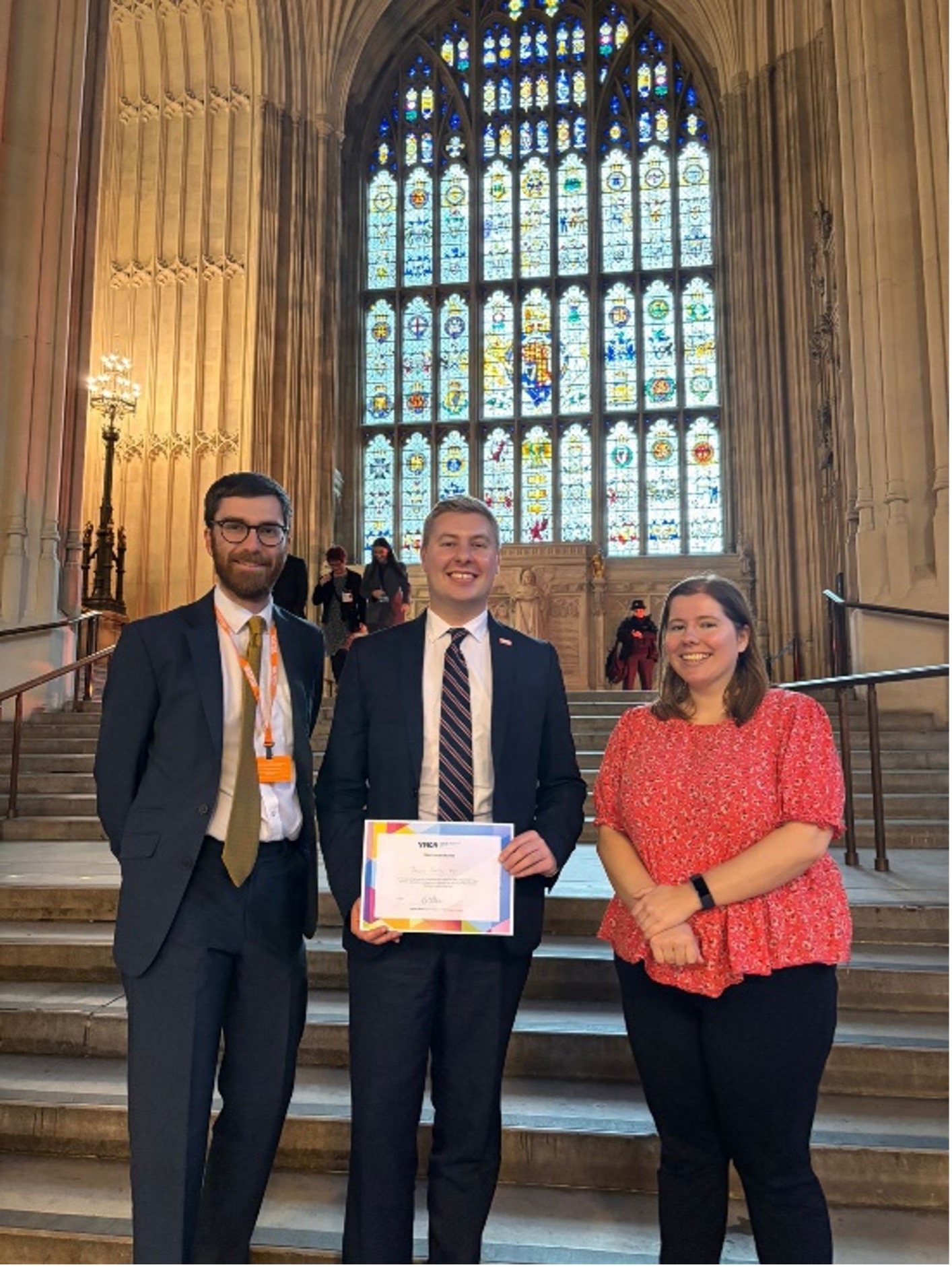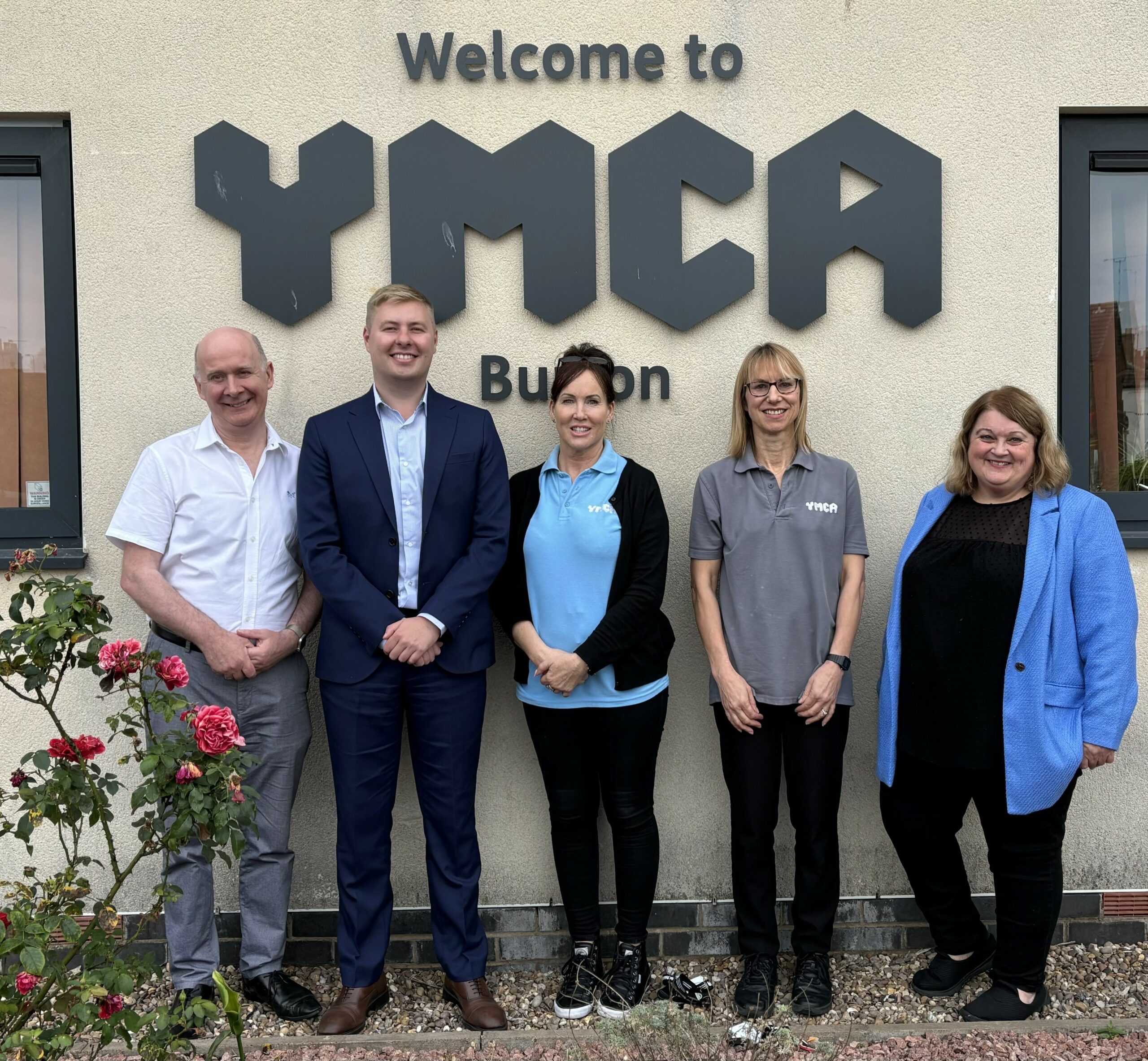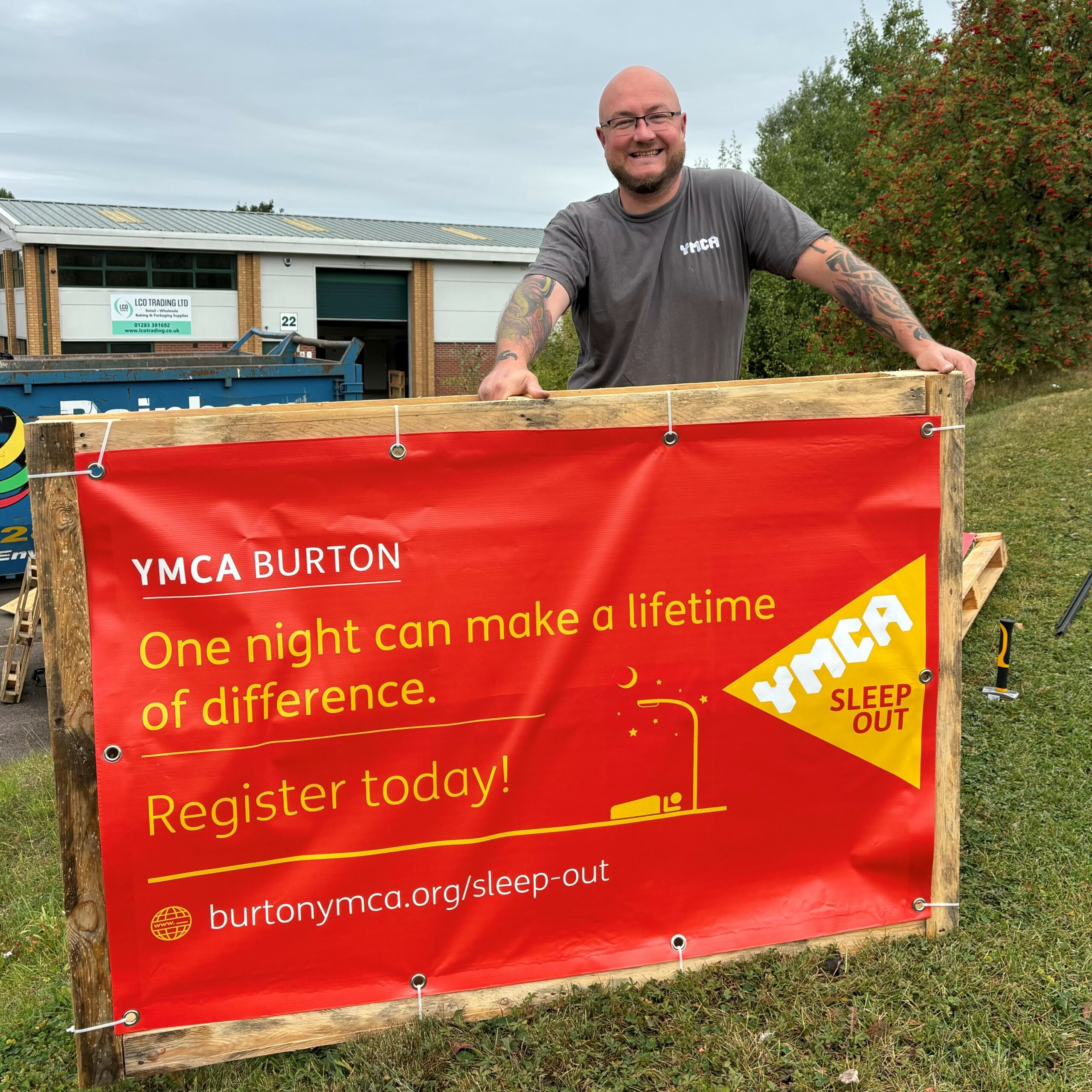New analysis by YMCA England and Wales shows that Local Authority spending on youth services in 2019/20 in England was £372.12m, a further reduction of 6% year-on-year. This means that since 2010/11 funding for youth services has been cut by 73%.
Not only do these continued cuts come at a time when demand for youth services has intensified, they come at a time when the crucial investment has been promised but not yet fully delivered.
Add to this the disproportionate and devastating impact of the pandemic on young people’s mental health, and youth services find themselves at their most critical point in history.
YMCA’s Back on Track report (August 2020) found that more than half (57%) of young people felt that their mental health had worsened during lockdown, with 77% feeling lonelier and more isolated.
This is on top of recent findings from NHS Digital which cite that one-in-six children aged 5-16 now identified as having a probable mental disorder, an increase from one-in-nine just three years ago.
After suffering such disruption during their formative years, it is more important than ever for young people to have access to services and safe spaces for their personal, social and emotional development outside of home or school.
These services are a key element in young people’s recovery, both now and into the future, and it is crucial that funding delivers on what they so desperately need.
In the West Midlands, there was a decline of 82% local authority funding for youth services since 2010.
Paul Laffey Chief Executive of YMCA Burton said: ‘The additional funding cuts to youth services are going to have a serious impact on young lives. Over the last 10 years we’ve seen an 82% decline in local authority funding in the West Midlands for Youth Services. Youth Services exist to provide a sense of belonging, a safe space and for young people to enjoy their childhood and teenage years. This time of the global pandemic has been particularly difficult on young people, with many suffering from isolation, loneliness, unemployment and increased mental health problems. It’s more important now than ever before that we see funding and resources available to support young people to prevent these young people from becoming a lost generation’.
Each year YMCAs provide a safe space for 41,960 young people through their extensive youth services work, welcoming almost 20,000 young people through their 79 youth centres throughout England and Wales.
-ENDS-






